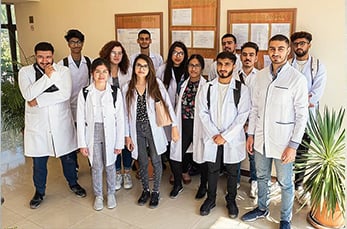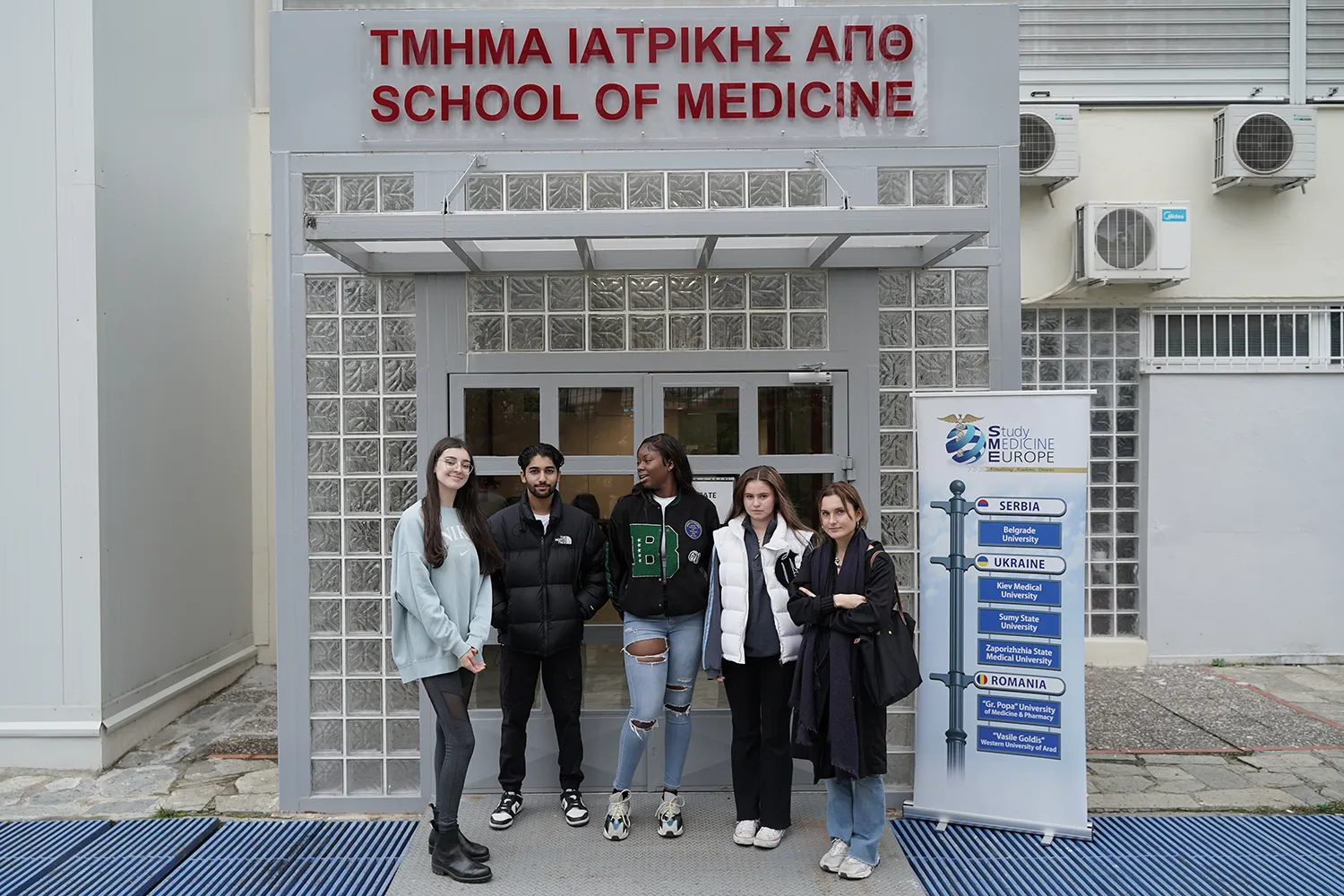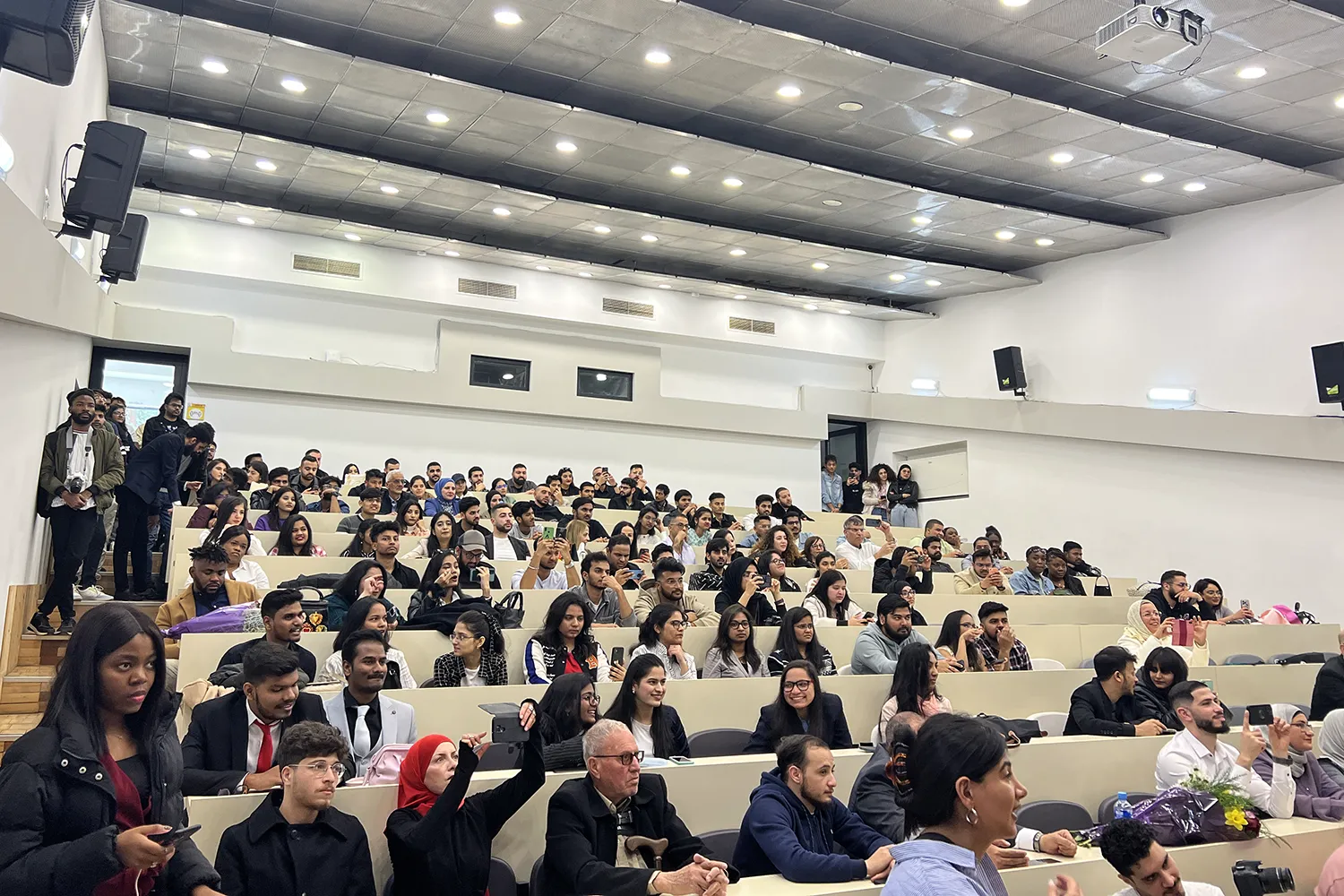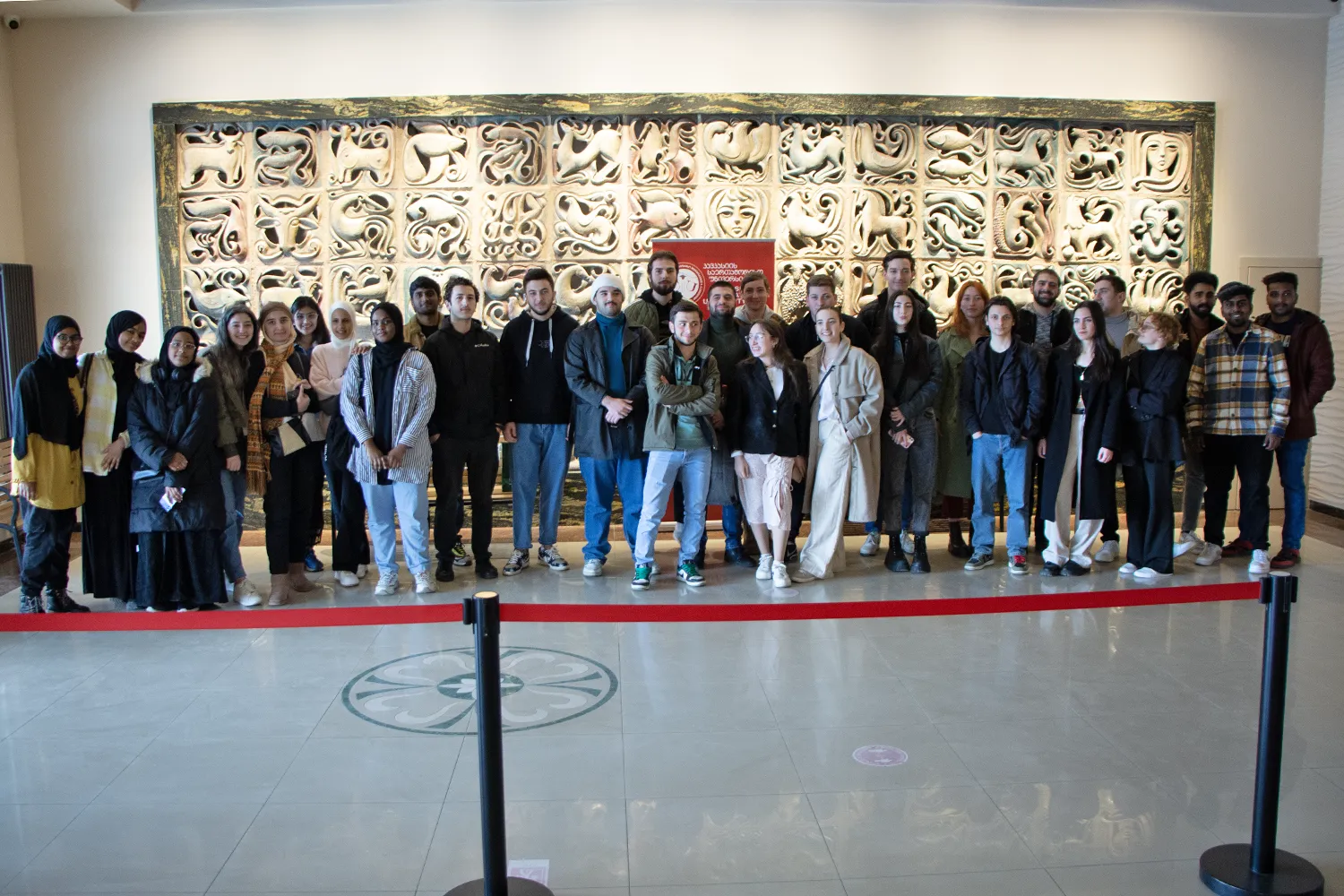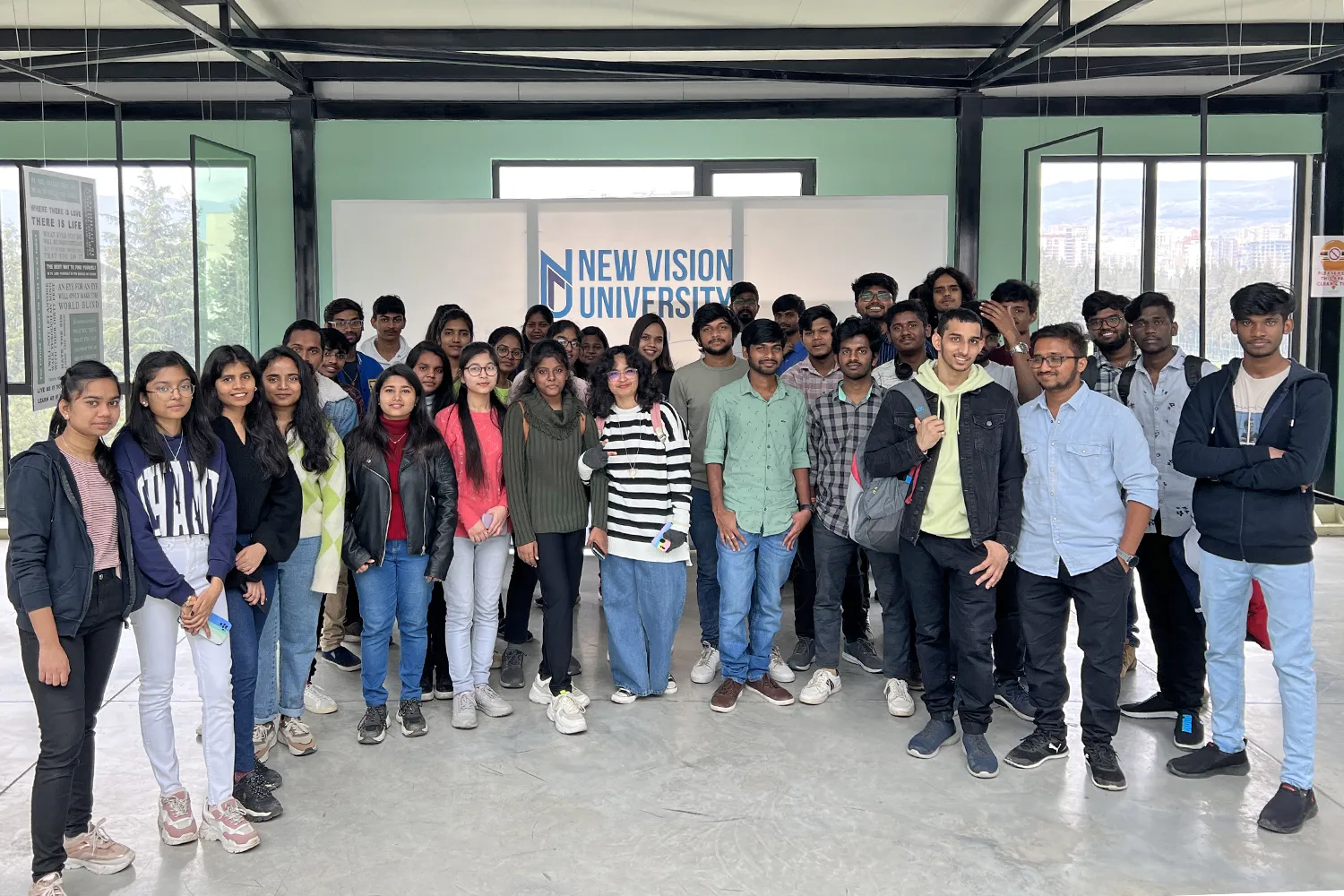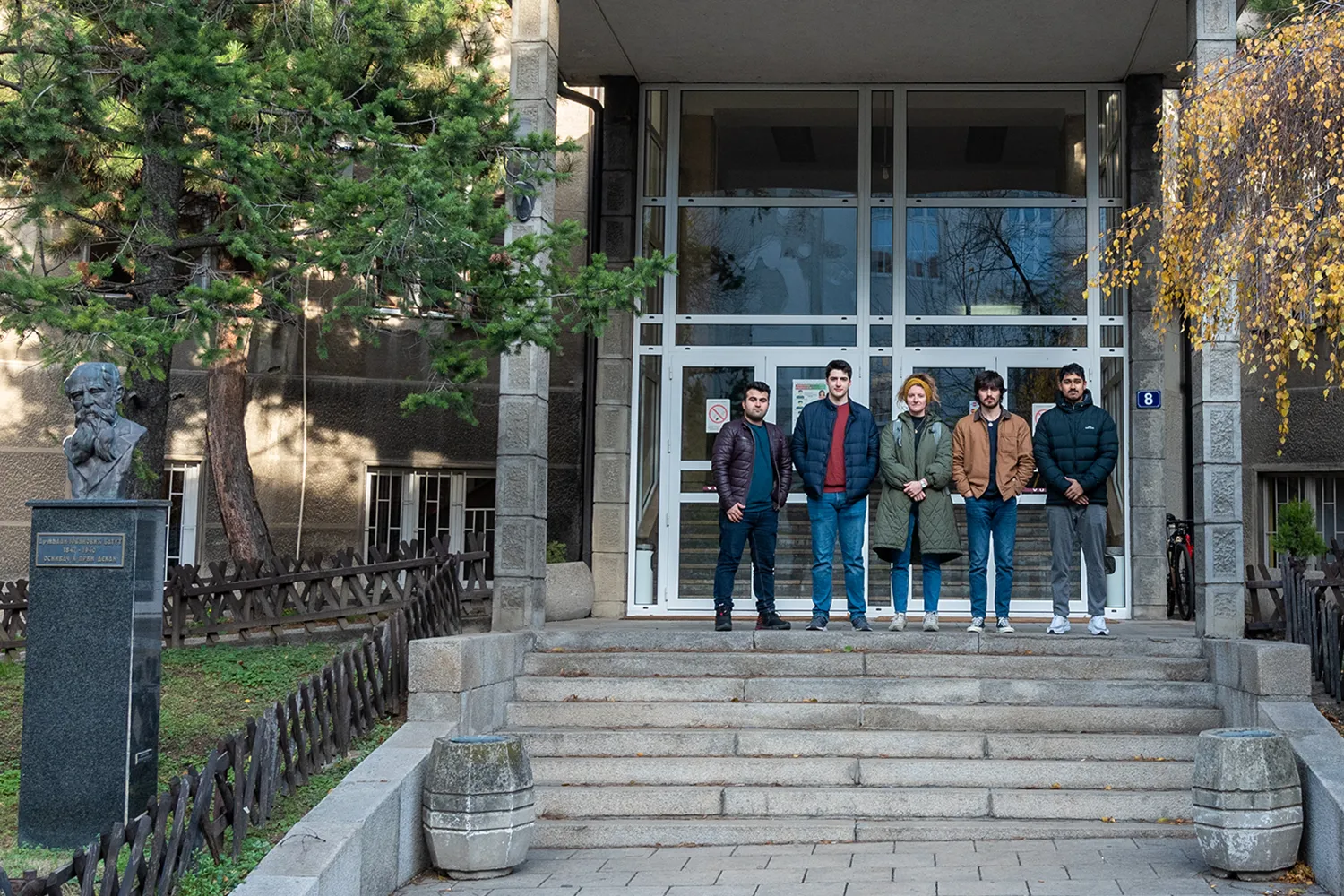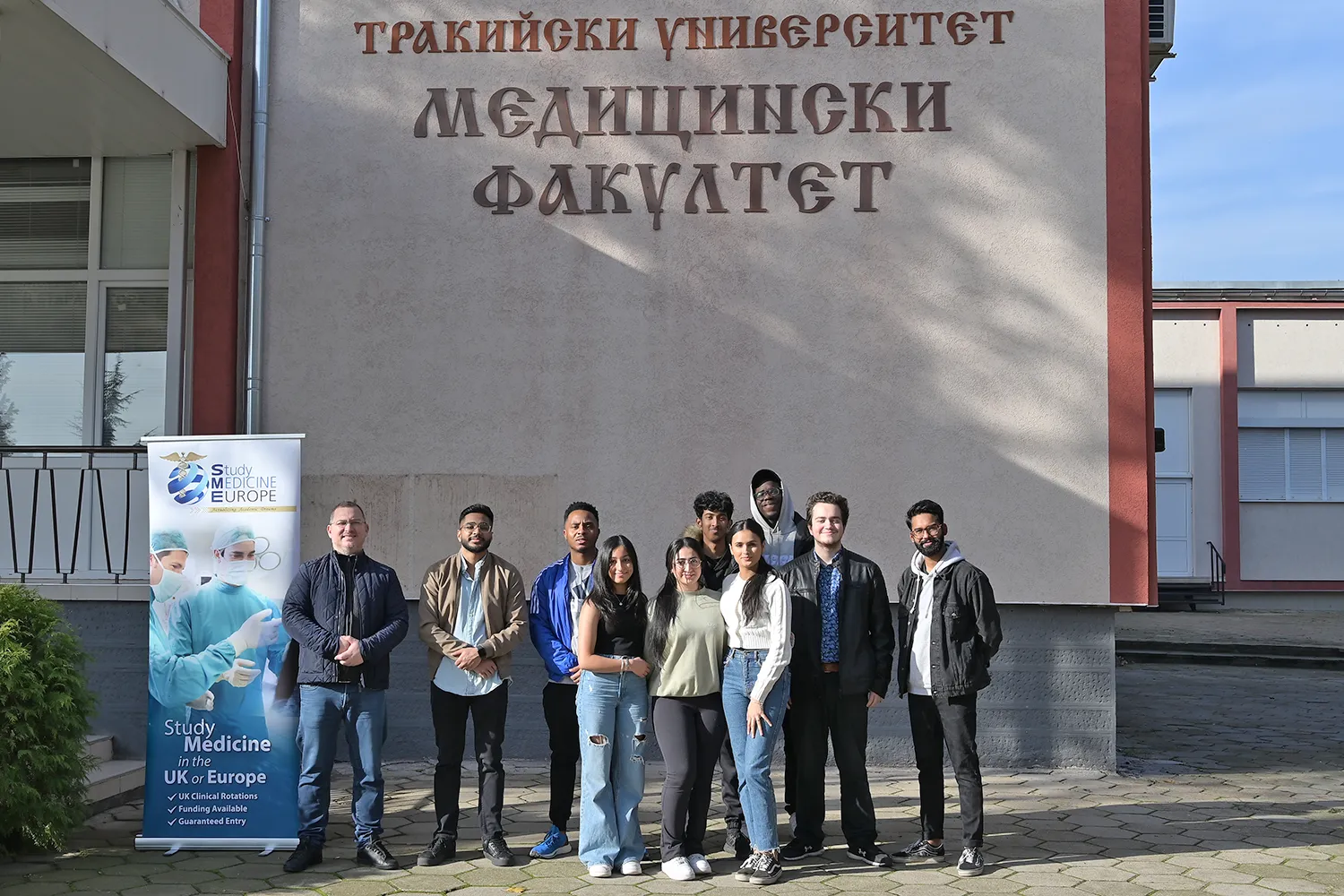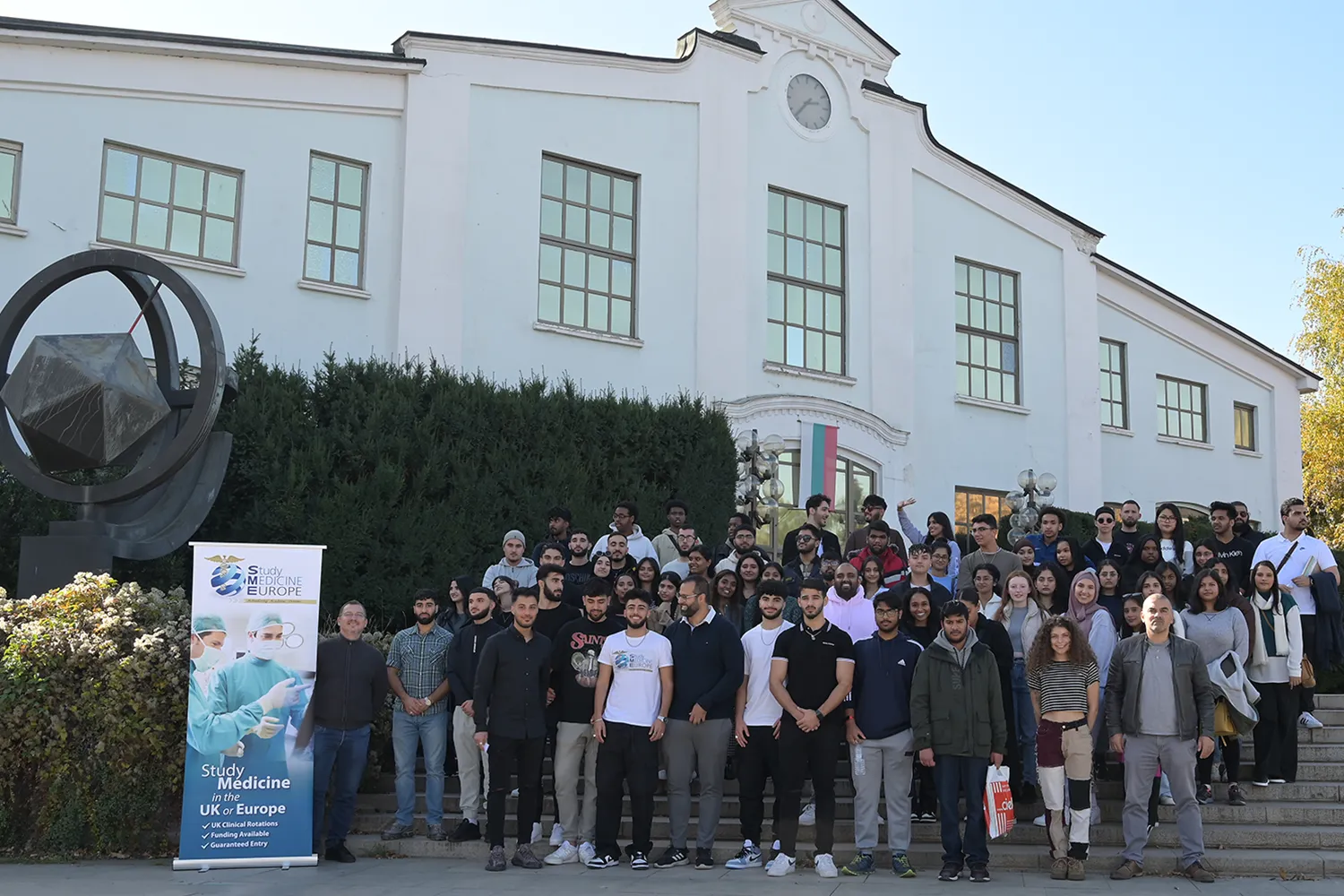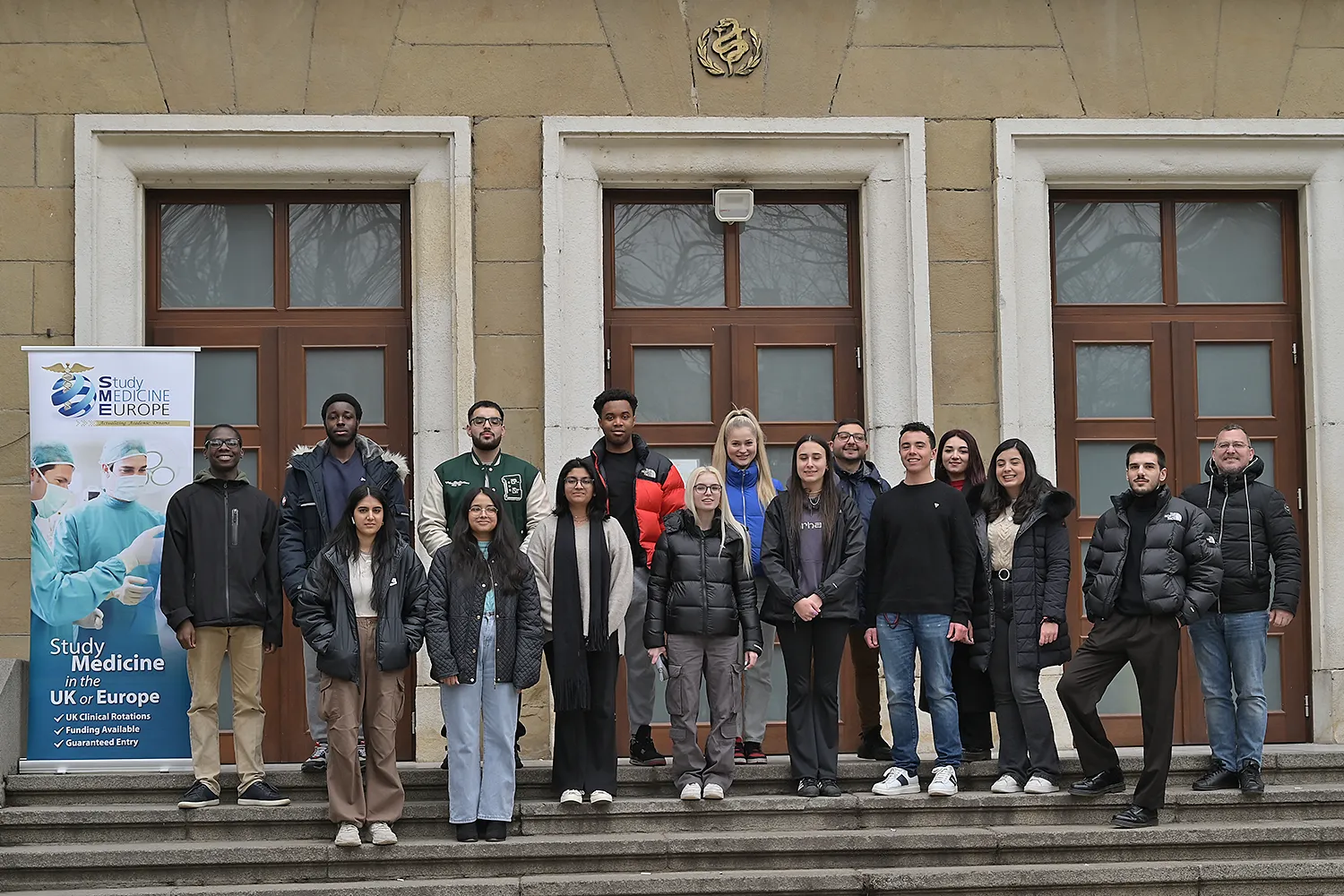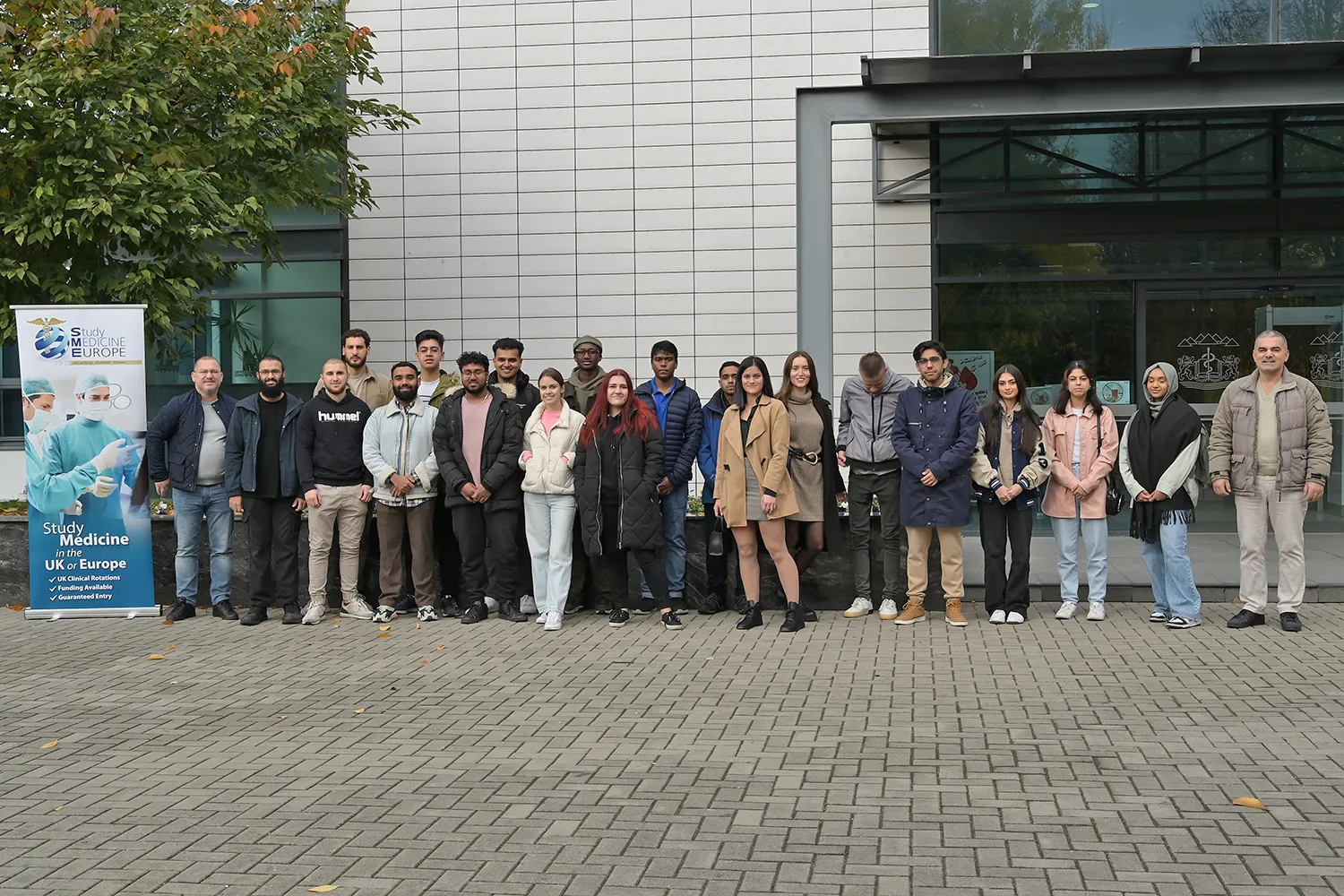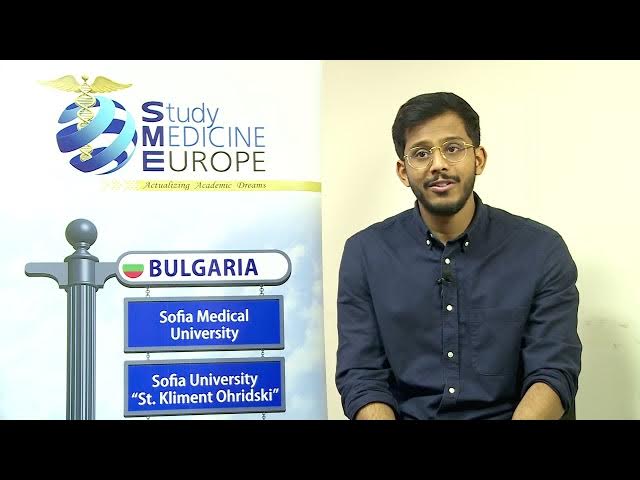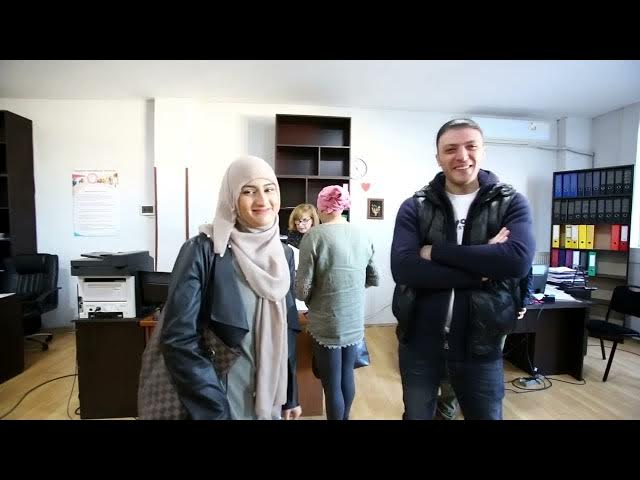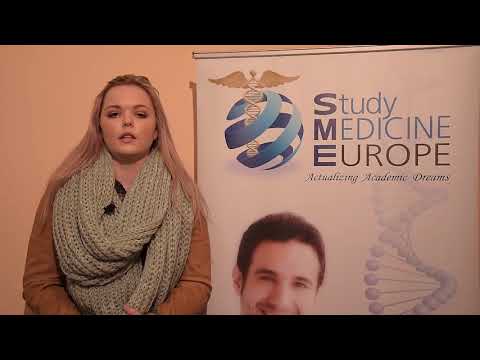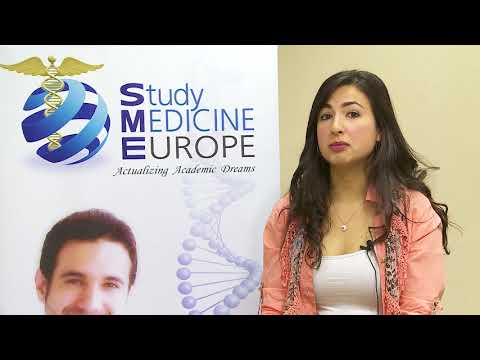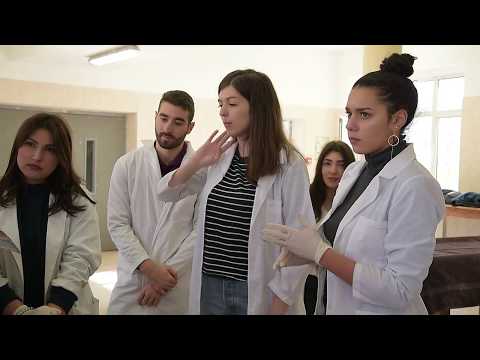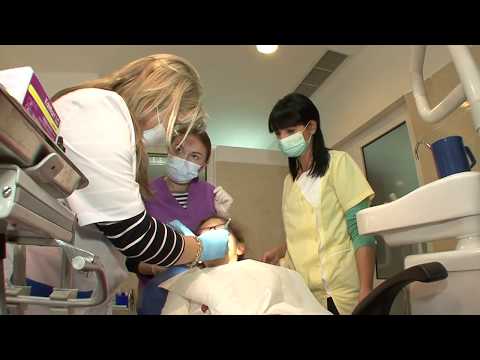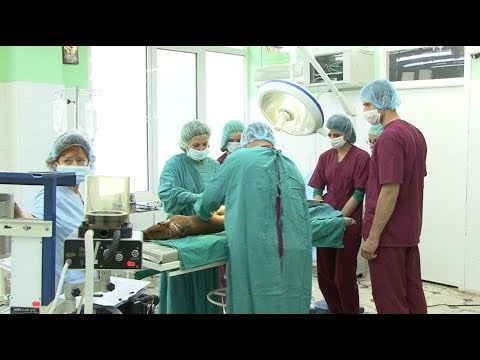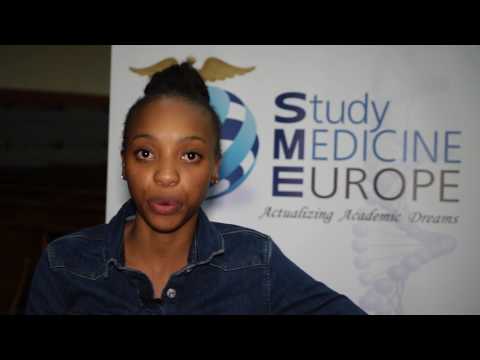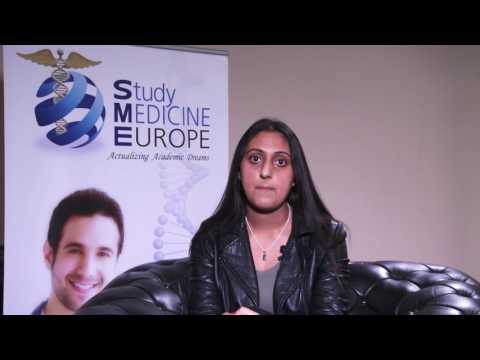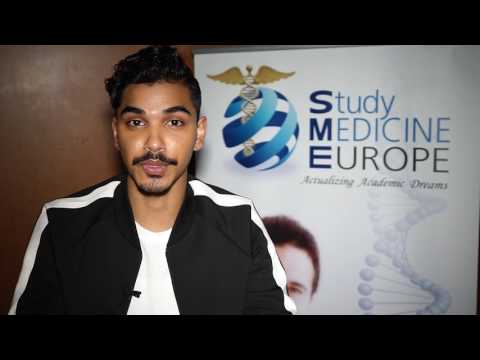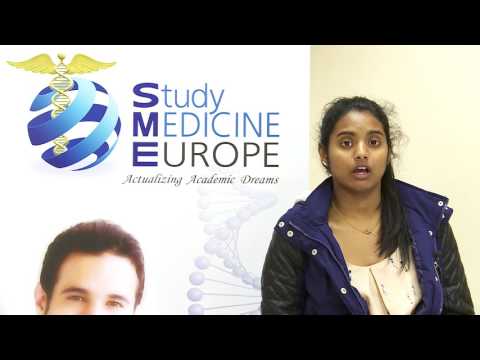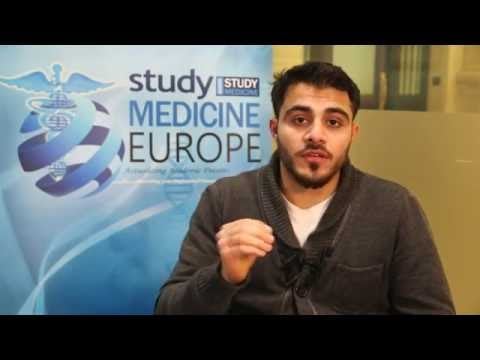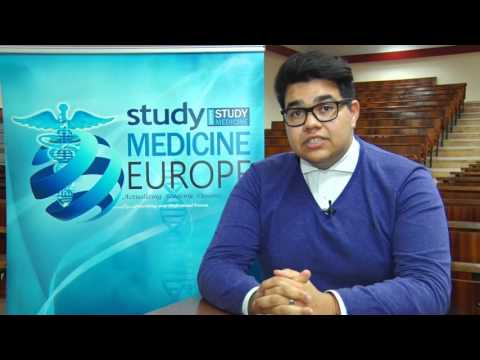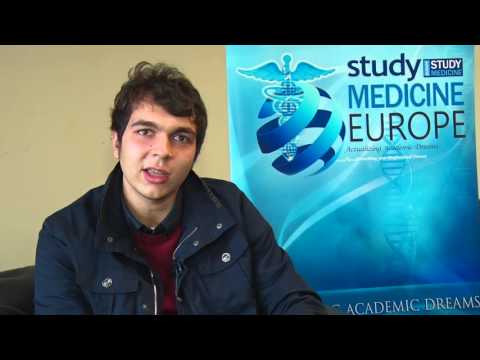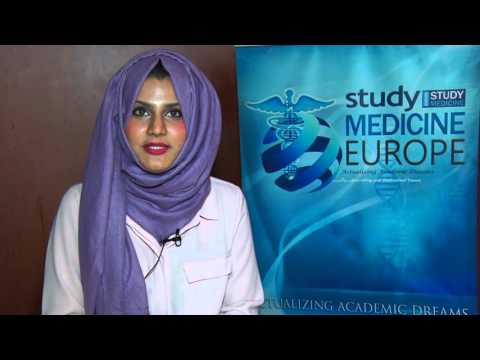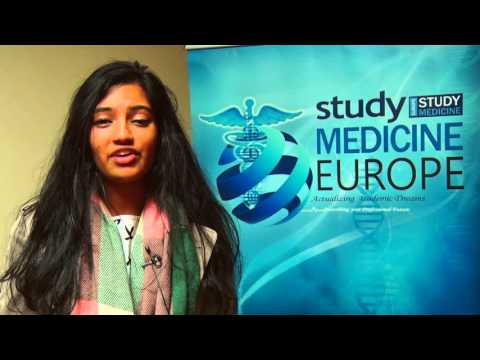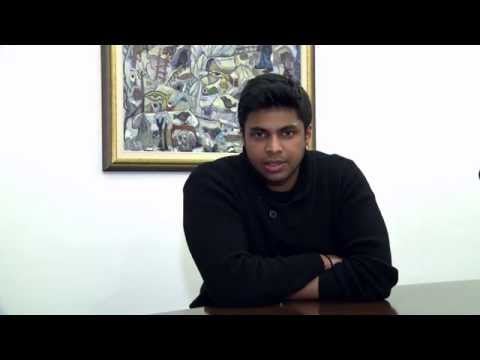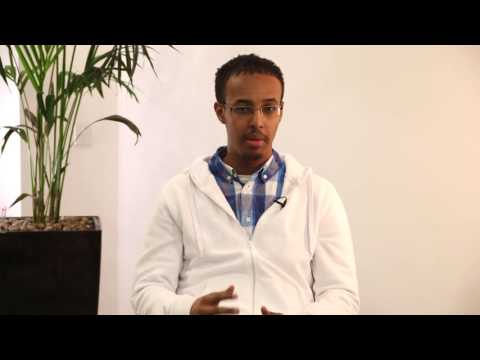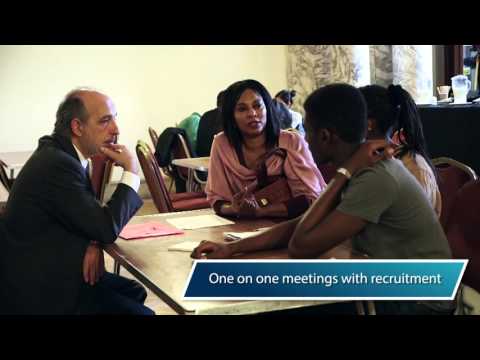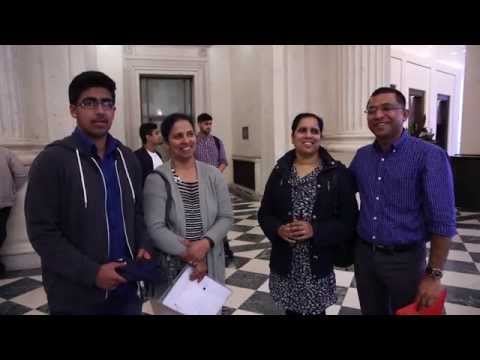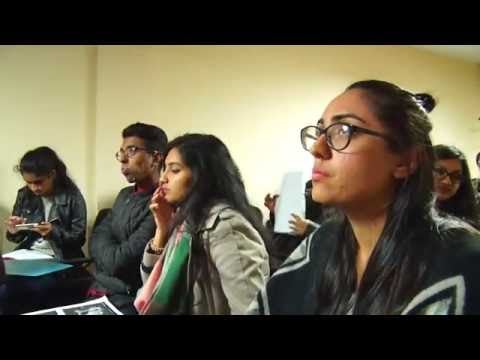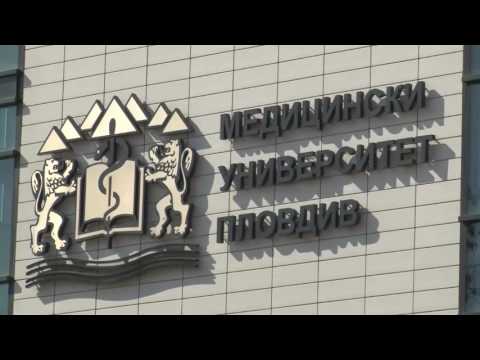Why Study Medicine in English at Medical Universities in Georgia?
Admission
No entry exams
Tuition fees
- Medicine: $5,000/year
- Dentistry: $3,750/year
Undergraduate Entry
- Medicine: 6 Years
- Dentistry: 5 Years
Intake
September & March
Funding
Clinical Rotations
Up to the last 3 years


+
 What Medicine Programmes are Offered?
What Medicine Programmes are Offered?
Students enrolled in the Undergraduate Medicine and Graduate Medicine Programmes will study at world class universities where they will complete their studies.
Undergraduate Programme – 6-Year Medicine Programme- For undergraduate students, the undergraduate course (6 years) has a structure of pre-clinical years studied on-campus followed by clinical modules completed in Georgian medical schools and hospitals.
- The medicine course structure involves sequential modules that build upon the knowledge established in the previous module using a methodology called looping with students completing applied research and gaining practical skills in laboratories and clinical settings.
- The four-year graduate entry medicine programme has the prerequisite of a Bachelor’s Degree (BSc) in a science-related field such as Biomedical Science and there are no entry exams.
- Those who take the Graduate Entry pathway can accelerate their studies by starting in the third year of the six-year medicine course.
- The course is taught entirely in English and structured into pre-clinical and clinical study modules.
- For the clinical study years, students attend lectures and complete their clinical rotations at Georgian universities and hospitals.
+
 What Dentistry Programmes are Offered?
What Dentistry Programmes are Offered?
Georgian universities offer students undergraduate and graduate dentistry programmes in English where they are supported to study online and on-campus depending on their needs.
5-Year Undergraduate Programme- Undergraduate students complete pre-clinical and post-clinical training during their 5-year programme, leading students to graduate with a comprehensive understanding of dentistry fundamentals.
- The programme commences with two years of pre-clinical modules to build foundation knowledge studied on campus in Georgia.
- The final three years comprise clinical training at renowned universities, Georgian dentistry schools and surgical clinics.
4-Year Graduate Programme
- Applicants qualified with a Bachelor’s Degree (BSc) in a science-related field such as Biomedical Science can apply for the accelerated 4-Year Graduate Programme that commences in Year Two of the 5-Year Undergraduate Programme.
- The application process requires the submission of analytical academic transcripts and there are no entry exams.
- Graduate Dentistry is structured to offer students a supportive, competitive course at renowned Dentistry Schools.
- The programme is structured into one year of pre-clinical modules followed by three years of clinical modules studied on campus at Georgian dentistry schools and in professional clinics.
+ Admission for Undergraduate Entry
Admission for Undergraduate Entry
- Both EU and non-EU students can apply for the medicine and dentistry programmes at Georgian medical universities.
- However, if English is not your mother tongue, you are required to submit an internationally recognised language certificate as required by the universities.
- There is also the option to do a course to improve your English at a cost of £1,000.
+ Admission for Graduate Entry
Admission for Graduate Entry
- New Vision University offers a four-year Graduate Entry Medicine and Dentistry Programme.
- Eligible candidates must have a Bachelor of Science degree from a science-related field.
- The graduate entry medicine programme allows students start in the third year of the six-year course.
- The graduate entry dentistry programme lets students start in the second year of the five-year course.
- Graduate entry candidates do not have to take entrance exams.
- This programme is a great opportunity for those seeking an accelerated pathway towards a Medical or Dental degree.
+
 What do the Clinical Rotations in the UK, Ireland, Canada, USA & Australia Involve?
What do the Clinical Rotations in the UK, Ireland, Canada, USA & Australia Involve?
- Study Medicine Europe (SME) facilitates competitive clinical rotation opportunities for students studying at European universities to apply for clinical rotations for up to three years in medical facilities abroad.
- Offers are made after matching medical student’s preferences and offered clinical rotation in teaching hospitals and clinical facilities in the UK, Ireland, Canada, the USA and Australia.
- To apply, students submit the following documentation:
- Their CV and rotation preferences consisting of the location, facility, department, and duration of placement.
- An official authorisation of the application from the university professor who coordinates their medicine programme.
- Placements are offered upon availability, so an early application is required.
- International clinical experience is an enriching study opportunity with students expanding their professional network and learning in dynamic medical settings.
+ What do the programmes cost?
What do the programmes cost?
- Below is the list of costs for the medicine and dentistry programmes at Georgian medical universities:
| Medical University | Programme (English) | Enrollment | Tuition Fees per Year () |
|---|---|---|---|
| New Vision University | Undergraduate/Graduate Medicine | October, November, March & May | 5250 (1st year: 7000) |
| New Vision University | Undergraduate/Graduate Dentistry | November & March | 3750 (1st year: 5000) |
| Caucasus International University | Undergraduate/Graduate Medicine / Undergraduate/Graduate Dentistry | October & March | 5,500 for Medicine / 4,500 for Dentistry |
| Georgian National University | Undergraduate/Graduate Medicine | October & March | 5,500 |
| Ivane Javakhishvili Tbilisi State University | Medicine | October & March | 6,000 |
- The medicine course lasts for a period of six years and the dentistry course is for a five-year period.
- Students in both programmes will have the opportunity to continue at their chosen university with a selection of post graduate and doctoral studies available.
+ Medical Council Requirements for Recognising Medical Degrees
Medical Council Requirements for Recognising Medical Degrees
- Many of the world’s Medical Councils require that the Medical School that awarded the Doctor of Medicine degree (MD) be listed on the World Directory of Medical Schools (WDMS).
- Additionally, each region has its own requirements:
- USA
- The Educational Commission For Foreign Medical Graduates (ECFMG) requires a medical degree to have a minimum duration of four years.
- Australia
- The Australian Medical Council (AMC) maintains an additional database of Recognised Medical Schools.
- It also requires a medical degree to have a minimum duration of four years
+ Dental Council Requirements for Recognising Dentistry Degrees
Dental Council Requirements for Recognising Dentistry Degrees
- Prior to application for the Overseas Registration Exam, international dental graduates must submit a record of their clinical experience and dental degree.
- The General Dental Council (GDC) in the UK specifies a minimum of 1600 hours of clinical experience which:
○ Comprise hours spent completing appropriate investigations and/or administering dental treatment
○ Do not comprise time spent observing dentists or assisting other dentists/dental students - The 1600 hours of clinical experience can be:
○ From during the dental degree,
○ During post-qualification experience, or,
○ A combination of degree and post-qualification experience
+ Will funding be available?
Will funding be available?
- Some of our partner universities in Georgia offer funding options for medical students in the form of Scholarships.
- New Vision University also offers a Student Loans These loans cover half of the annual tuition fees over one full academic year.
- To learn more about student loans and scholarships in Georgia, please contact one of our representatives.
+ How are the courses taught?
How are the courses taught?
- The teaching practices at Georgian medical universities are extremely modern and focus on a range of task-based and innovative teaching techniques with a unique approach to learning.
- There is a good mix of non-clinical and clinical materials covered in lectures and seminars and also a strong focus on independent research assignments and laboratory work.
- All Georgian medical universities are affiliated with hospitals and clinics throughout the country.
- The libraries are comprehensive at all universities and contain thousands of scientific volumes, putting them amongst the largest in the world.
- The professors and scientists are of international calibre across the universities.
- Depending on the programme they choose, students can split their time between online and on-campus learning. The online learning portal includes videos, live-streams, question banks plus much more. Online learning is temporarily available during Covid-19 for students to maintain their studies.
+ What deadlines should I be aware of?
What deadlines should I be aware of?
- For students who do not require a visa from EU and non-EU countries, the deadline is the start of the previous month for each intake.
- Candidates who need a visa will need to submit an application a month prior to the deadlines to ensure the visa is processed in time.
+ Timetable
Timetable
- The academic year takes place over two semesters and requires students to partake in training for the final three years of every programme.
- The timetable will be structured as follows:
| From | To | ||
|---|---|---|---|
| Winter Semester | |||
| Teaching Period | Early October | Late December | |
| Vacation time | Late December | End December | |
| Exams | Early January | Late January | |
| First retake examination | Early February | Mid February | |
| Spring Semester | |||
| Teaching Period | Early March | Early May | |
| Vacation time | Early May | Mid May | |
| Exams | Early June | Mid-June | |
| First retake examination | Mid-June | Late June | |
| Summer Vacation / Summer Training Practice | |||
| Medicine students | July | August | |
| Dentistry students | August | September | |
| Second retake examination | Early September | Mid September | |
Watch Our Videos
Real Success StoriesOpen DaysEntry ExamsNetworking Events
Reviews
+ 2023
2023
+ 2022
2022
+ 2021
2021
+ 2020
2020
+ 2019
2019
+ 2018
2018
+ 2017
2017
+ 2016
2016
+ 2015
2015
+ 2014
2014









